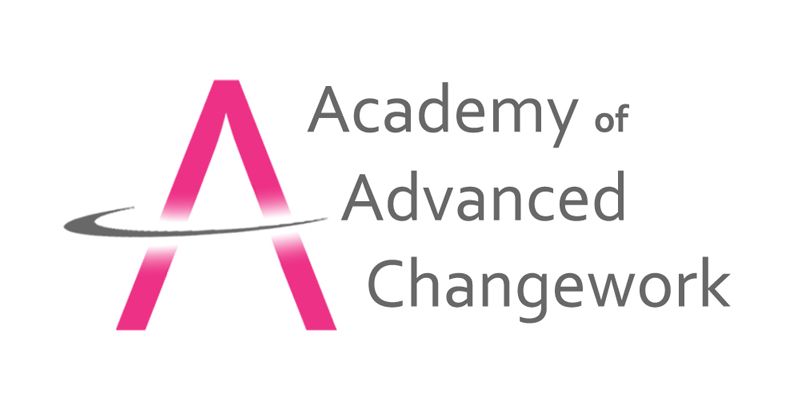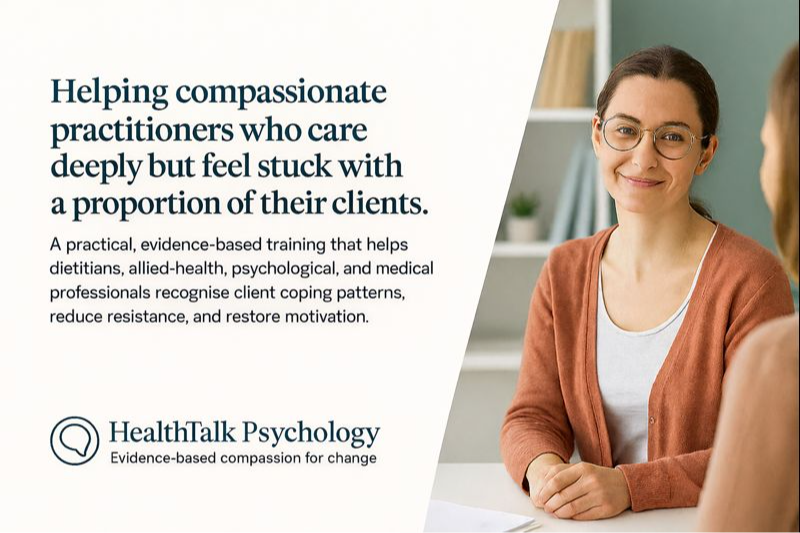
How hypnotherapy helps prevent relapse
Re/lapses happen all the time when we’re trying to make changes, and most people will have tried several times and not succeeded at many kinds of things in life, love, leisure, work, and business, before they eventually succeed, or make a decision that due to countless failures, change is perhaps not for them.
When anyone wants to make an important change whether that’s to quit smoking, lose weight, reduce alcohol, or eat more healthily, they first have to contemplate the change and weigh up the pros and cons of change. If the balance tips in favour of the change, they move to the next stage and continue on making progress towards where they want and desire to be.
What typically leads us to our downfall into relapse land is when we aren’t doing well at forecasting or managing high-risk situations which trigger our old behaviour. Having a lapse is recoverable if we're resourced enough, but if not before we know it, we're back into our old ways of thinking, feeling, and behaving.
A relapse situation occurs mostly when we’re not expecting the high-risk situation, we’re caught off-guard and we feel generally unprepared to manage it effectively when it happens. We may suddenly find ourselves in a situation that quickly feels out of, and beyond, our control.
Gordon and Marlatt in creating their Relapse Prevention Model, identified three high-risk situations that were associated with almost three-quarters of all relapses:
- Negative emotional states - situations in which the individual experiences a negative or unpleasant emotional state, mood, or feeling, (e.g. frustration, anger anxiety, depression, or boredom) prior to or at the same time the first lapse occurs.
- Interpersonal conflict - situations involving conflict associated with any interpersonal relationship, (e.g. marriage, friendship, family members, or employer-employee relations).
- Social pressure - situations in which an individual is being influenced by others, who are exerting pressure on them to engage in the problem behaviour. This pressure may be direct (interpersonal contact with verbal persuasion) or indirect (e.g. being in the presence of others who are engaging in the same problem behaviour, even though no direct pressure is involved).
Hypnotherapists who train with us learn advanced models like these to easily understand and assess clients high risk scenarios and help clients to access the necessary set of resources to build perceived control to manage well in those situations to prevent relapse.
By identifying high-risk situations, enhancing coping and self-efficacy skills to manage those situations well, and succeeding in the imagination during hypnosis to implement those behaviours, our clients significantly increase their chances of not only succeeding in making their desired changes but also maintaining those changes over the long term!
Further reading
Marlatt, G.A. and Donovan D.M. (2005) Relapse prevention: maintenance strategies in the treatment of addictive behaviours (2nd ed). New York: Guilford Press.






